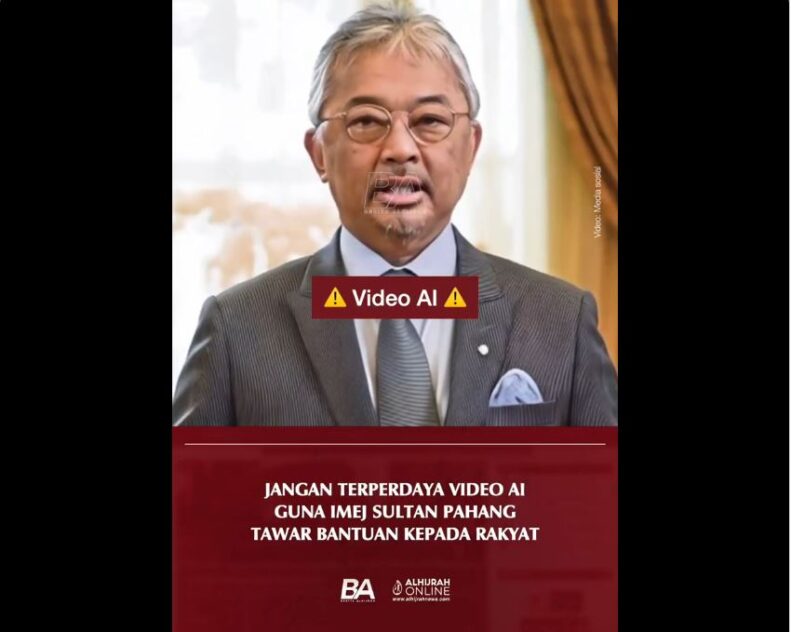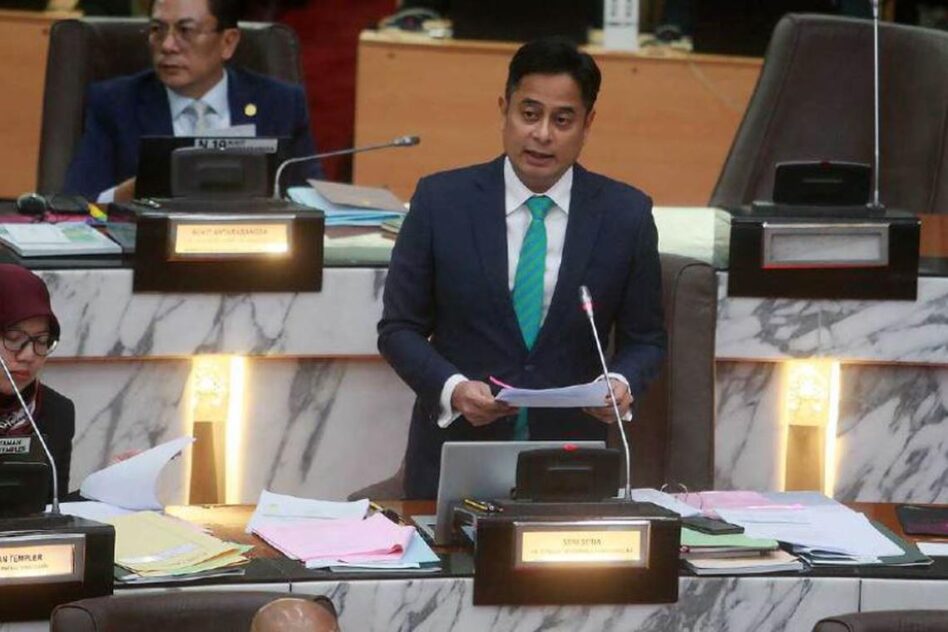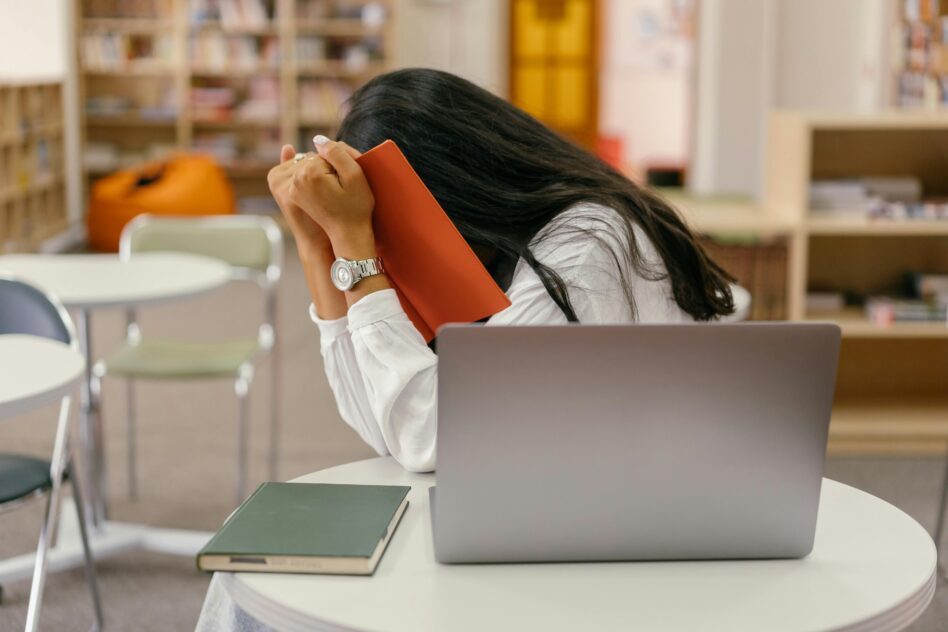The healthcare professional and medical community has joined the call for better living conditions for migrant workers in Malaysia, citing public health concerns in the short term, and the need for a comprehensive review of the entire issue in the long term.
“On the one hand, I can understand the frustration felt by the public and the authorities with regard to the undocumented migrant issue. It is a problem that we have been facing for many years.
“However, now is not the time to play strong-arm tactics and conduct raids. This almost certainly drives them underground, which will make it more difficult to reach out to them and perform contact tracing,” said Professor Adeeba Kamarulzaman, Dean of Medicine and Professor of Infectious Diseases at University of Malaya.
She told FocusM that the spike in the detention centres was something the community had been dreading before it happened.
“Overcrowding, poor hygiene, lack of knowledge and poor nutrition all contribute to a risk of infection,” said Prof Adeeba, adding that it is certainly a concern that there is a possibility of more migrant workers, documented or otherwise, who may be infectious but undetected in public.
Azrul Mohd Khalib, CEO of the Galen Centre for Health and Social Policy, agreed that the spike in the number of cases and the new clusters in detention centres had already been predicted, with warnings offered, by public health experts and those working in the Covid-19 response.
“This is potentially a result of the ongoing immigration enforcement operations and the massive movement of hundreds of migrant workers into immigration detention facilities, which increases the risk of infection for both those being detained and those working in those detention centres,” he told FocusM.
He added that it would have been safer for the migrants, the authorities and the health officials involved to conduct immigration activities in the areas the migrant workers were located, rather than transporting them out of the zone and into the cramped conditions of detention centres “where there is poor hygiene and no possibility of social distancing.”
Azrul also shared his concern that the ongoing immigration enforcement operations could cause undocumented migrant workers to go underground, rather than get tested and seek treatment.
“Migrant workers are also at risk of getting infected by locals and may not be able to protect themselves adequately,” he added.
Governmental response counterproductive
Human rights organisation Lawyers for Liberty (LFL) had also called out Senior Minister Ismail Sabri Yaakob over his statement that the government is not “bowing down” to demands to protect migrants’ rights.
“It is startling that the government believes that the mass incarceration of undocumented migrants during the movement control order (MCO) would protect Malaysians from the pandemic. Any increase in cases will be a burden to our own healthcare system, and the spread of Covid-19, even among migrants in detention centres, may increase risk of infection to immigration officers, staff and frontline workers who have to deal with those infected. Further mass detention of migrants would only exacerbate this problem as crowded detention centres would be the perfect setting for a major spike of Covid-19 cases,” said Zaid Malek, coordinator for LFL.
Azrul offered his thoughts on this as well, noting that the minister did not seem to understand that the concern is not that undocumented migrants should be treated in a special manner or be above the law.
“Our concern is that implementing such enforcement actions in the midst of a public health emergency risks causing mistrust and suspicion of health authorities, and drives this population underground. It also exposes migrants who are negative to possible infections from those who are infected, both during detention or at the detention centres,” said Azrul, noting that the actions of the immigration authorities risk causing the increased spread of Covid-19 and the creation of new clusters.
“They undermine the government’s own health objectives to prevent, manage and control this outbreak. That is the concern,” he said.
Prof Adeeba also offered her thoughts on the matter, suggesting that, for the short and mid term, it is advisable to work with the migrant worker community and the non-government organisations (NGOs) involved.
“We need to reach out and educate them, in languages that they understand. We should ensure that we educate them on basic hygiene, and at the very least provide them with masks and soap and water. We need to conduct testing and isolate those found to be positive and contact trace from there. The bottom line is that we need to improve their living conditions,” said the professor.
She added that there needs to be a comprehensive review of the whole migrant worker issue in the mid to long term.
“It is a complex issue. You have the refugees, the undocumented migrants, the legitimate foreign workers, the undocumented foreign workers, and the illegal foreign workers. Each group has its own issues and complexities,” she said.
She also noted the existence of a committee under the previous government that had been looking into this issue, and suggested revisiting the findings of that report and going over the recommendations made.
The Special Committee on Foreign Worker Management, headed by former Court of Appeal judge Datuk Seri Hishamuddin Yunus, saw its report on streamlining policies on foreign workers submitted at the end of February 2019. However, the Cabinet of the day had been opposed to making the report available to the public at the time.
Azrul noted that the enforcement actions and the way migrant workers are being treated are not only a human rights issue, but also a public health priority.
“It would have been best if the government had placed a moratorium on all immigration enforcement activities until the conditional MCO had ended. This is what they said they would do at the beginning of the MCO in March,” he said.
“They should not have taken advantage of a public health emergency to conduct immigration enforcement. It has created stigma, discriminatory attitudes and xenophobia. It undermines the overall health objective of managing the spread of the disease,” Azrul added.
In the meantime, Ismail Sabri Yaakob has refuted claims over the government’s handling of foreign workers in the wake of the Covid-19 outbreak in the country, saying those who accused the government of being inhumane should be clear about the two categories of foreign workers, namely those with permits and those who entered the country illegally.
Ismail Sabri also stressed that allegations that the government was being inhumane during raids and while arresting foreigners under the enhanced MCO was untrue.
Employer responsibilities
Health director-general Datuk Dr Noor Hisham Abdullah had also noted that the cramped living conditions and poor hygiene are a source of transmission of Covid-19 among migrant workers, and has called for employers to ensure that preventive measures are not only practised at work places but at their living quarters as well.
“The SOP (standard operating procedure) compliance at work will mean nothing if employers are not proactive in ensuring preventive measures are also practised by their workers at their accommodation,” he said at the Covid-19 daily press conference on May 26.
Azrul agrees with this, calling for employers to conduct an immediate review of the living conditions for their migrant workers.
“SOPs are needed, but based on what we already know about the virus and its spread, we already know what needs to be done. Employers don’t need to wait for official SOPs. Change and improve conditions both at work and at the living areas to protect the workers,” he said.
Prof Adeeba also offered her advice, noting that while there has been a move to get the migrant workers screened when industries were reopened, this screening is one-off, and all it tells you is whether or not the person is infected on that particular day.
“We believe a better system would be to educate and train the migrant workers to look out for the symptoms, how to prevent themselves from getting infected, and to have a daily screening and surveillance system,” she said.
She also added that employers must take responsibility in providing their workers with a decent place to live in, and also pay attention to common areas such as canteens, and bathrooms.
“We should take this opportunity to improve the way we treat our foreign workers. Many industries are so dependent on them, and they are in many ways the lifeblood of our economy, doing work that many locals do not want to do,” she noted.
At the same time, Dr Noor Hisham agreed that worker accommodation needs to be looked at, pointing at the cramped quarters as transmission vectors for not just Covid-19 but other infectious diseases as well.
“I think we have to look into the short-term and long-term aspects to solve this problem of confined and crowded spaces, especially for the foreign workers. This is something that we have to change today, from the norms in the past to the different norms of a better future,” he said during his daily press conference on May 27. – May 29, 2020









